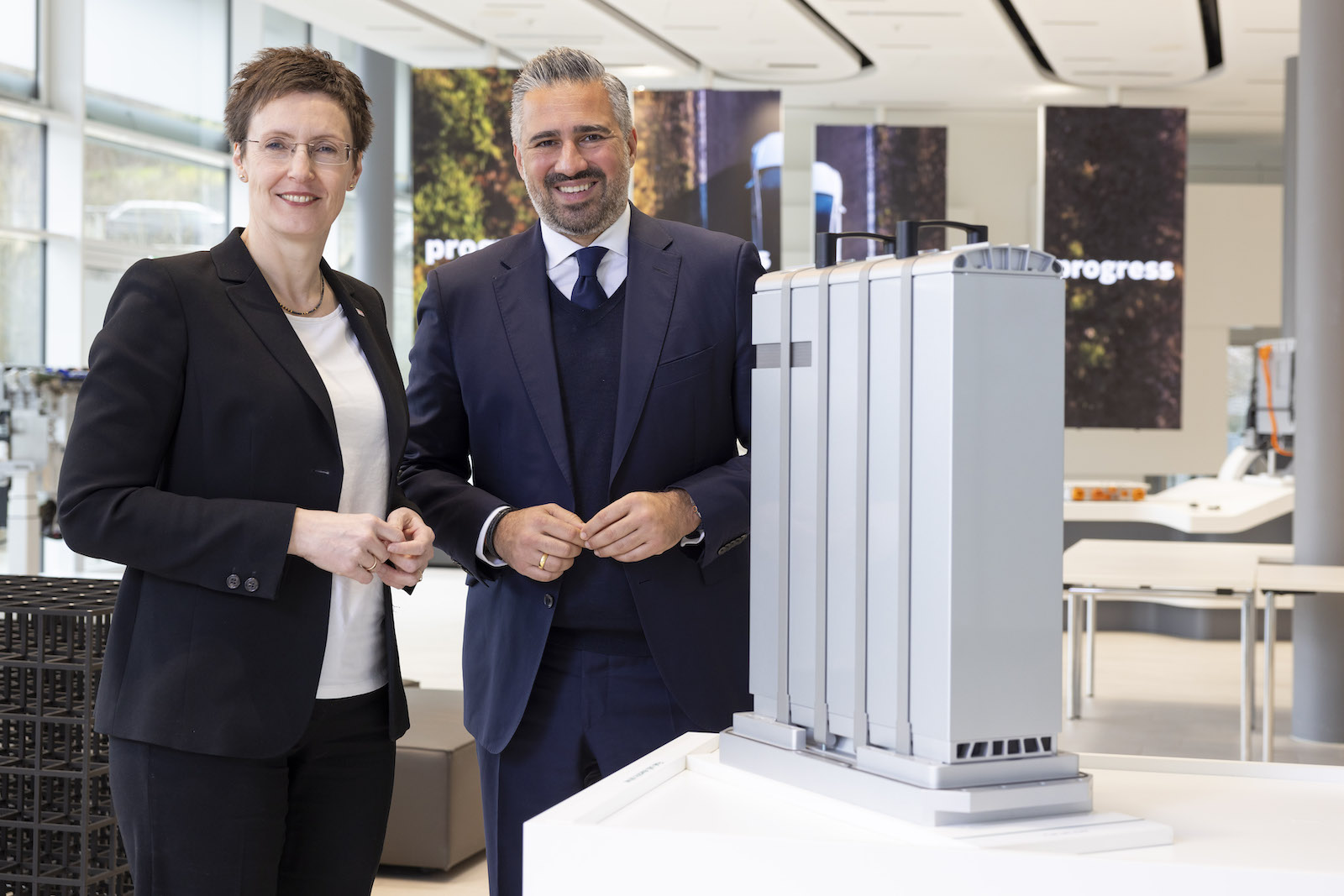Johnson Matthey and Bosch Partner to Advance Fuel Cell Technology for Cleaner Mobility
Key Ideas
- Johnson Matthey and Bosch have agreed to collaborate on developing catalyst coated membranes for fuel cell stacks, aiming to enhance fuel cell technology.
- Hydrogen fuel cells are highlighted as a clean and zero-emission option for decarbonizing the automotive industry, with water being the only by-product.
- The partnership focuses on integrating high-performance CCMs from JM into Bosch's fuel cell power modules for commercial vehicles, emphasizing longer distances.
- Both companies are optimistic about the potential to accelerate cleaner mobility and energy generation through their joint efforts in advancing fuel cell technology.
Johnson Matthey (JM) and Bosch have announced an agreement to collaborate on accelerating future projects in sustainable technologies, particularly in the development of catalyst coated membranes (CCM) for fuel cell stacks. This partnership is crucial in the transformation and decarbonization of the automotive industry, aiming to provide clean and zero-emission solutions. Hydrogen fuel cells, combining hydrogen and oxygen to produce electricity with only water as a by-product, are highlighted for their environmental benefits. JM's high-performance CCMs will be integrated into Bosch's fuel cell power modules for commercial vehicles, designed for extended travel. The agreement was signed at Bosch's fuel cell center in Stuttgart-Feuerbach, Germany, with both companies expressing enthusiasm for advancing cleaner mobility and energy generation. Anish Taneja, JM's Chief Executive for Hydrogen Technologies, emphasized the exploration of future possibilities for cleaner mobility, while Beate Grota, Bosch Mobility's Executive Vice President, highlighted the readiness of fuel cell technology for wider adoption and the partnership's focus on enhancing fuel cell stack performance and efficiency.
